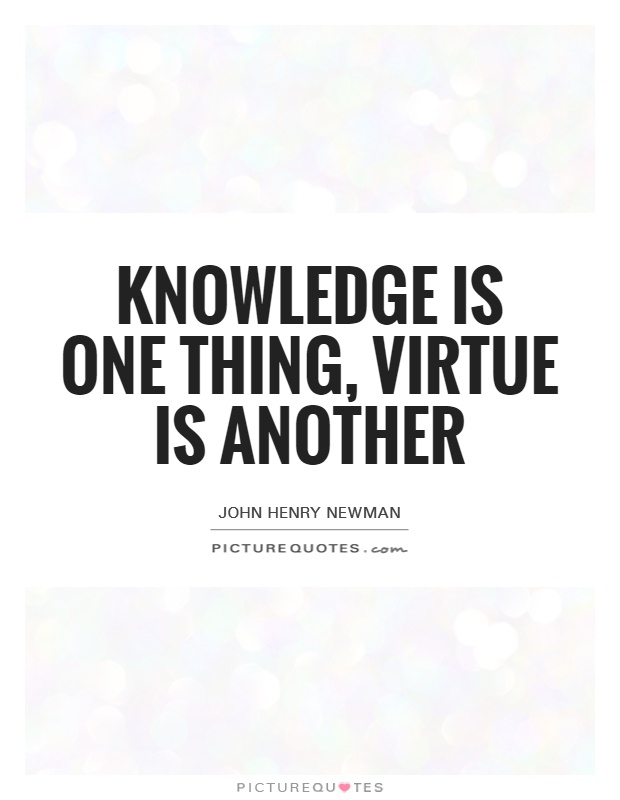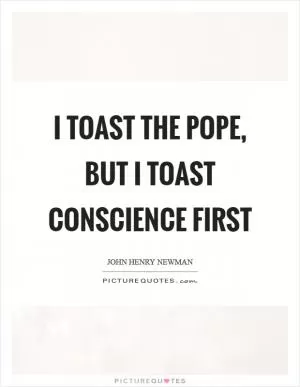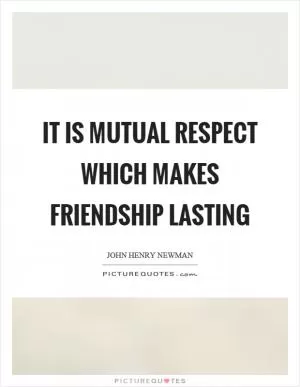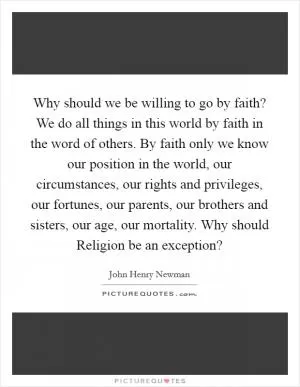Knowledge is one thing, virtue is another

Knowledge is one thing, virtue is another
John Henry Newman, a prominent figure in the 19th century religious and philosophical landscape, was a firm believer in the importance of both knowledge and virtue. He famously stated, "Knowledge is one thing, virtue is another." This quote encapsulates Newman's belief that while knowledge is valuable and necessary, it is not sufficient on its own. Virtue, or moral excellence, is equally important in shaping a person's character and guiding their actions.Newman believed that knowledge without virtue could lead to arrogance, pride, and a lack of empathy towards others. He argued that true wisdom comes from a combination of intellectual understanding and moral integrity. In his seminal work, "The Idea of a University," Newman emphasized the importance of education in cultivating both the mind and the heart. He believed that a well-rounded education should not only focus on academic subjects but also on the development of moral virtues such as honesty, humility, and compassion.
For Newman, virtue was not just a personal attribute but also a social responsibility. He believed that individuals had a duty to use their knowledge and talents for the greater good of society. In his famous sermon, "The Second Spring," Newman urged his listeners to strive for moral excellence and to live a life of service to others. He believed that true happiness and fulfillment could only be achieved through virtuous living and selfless acts of kindness.
Newman's emphasis on the importance of virtue in addition to knowledge has resonated with many scholars and thinkers throughout history. His teachings have inspired generations of students, educators, and religious leaders to strive for moral excellence in all aspects of their lives. In a world that often values material success and intellectual achievement above all else, Newman's message serves as a powerful reminder of the importance of cultivating virtue and character alongside knowledge and skills.












 Friendship Quotes
Friendship Quotes Love Quotes
Love Quotes Life Quotes
Life Quotes Funny Quotes
Funny Quotes Motivational Quotes
Motivational Quotes Inspirational Quotes
Inspirational Quotes